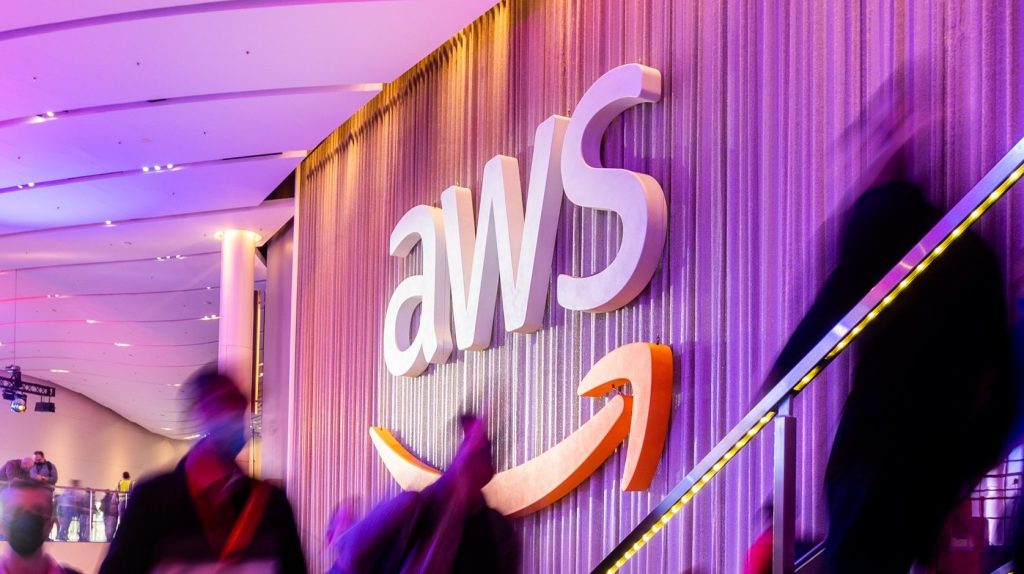Amazon’s cloud computing subsidiary AWS has revealed that it will allow customers to transfer their data out of its ecosystem with no so-called “egress fees” attached.
The news follows some two months after Google announced similar plans, though in Google’s case as the third-biggest player in the public cloud triopoly after AWS and Microsoft, it was heavily incentivized to “lead by example” — if it’s cheaper to leave AWS or Azure entirely, then a company might just be more inclined to jump ship to Google Cloud.
However, these decisions also follow provisions set out in the European Data Act which came into force in January, designed to promote competition by allowing cloud customers to switch providers more easily — either to an entirely different cloud; through adopting a multi-cloud approach; or pulling all their data back in-house to an on-premises infrastructure.
While AWS already allowed customers to transfer up to 100GB of data per month off its servers for free, this won’t be enough to cover larger companies looking to “lift and shift” their entire data stores to another provider — and that is what is effectively changing for AWS customers as of today.
It’s also worth noting that while the European Data Act is entirely concerned with promoting competition in Europe, AWS’s move applies to its operations globally (similar to Google’s announcement earlier this year).
Companies that want to move their data off of AWS are requested to contact AWS, which will then apparently issue credits for the data being migrated. Though in a blog post announcing the changes, AWS principal developer advocate Sébastien Stormacq says that he “sincerely hopes you do not.”
Microsoft will likely follow suit now that Google and AWS have announced these plans — TechCrunch has reached out for comment, and will update when (or if) we hear back.
It’s not clear what today’s news means with regards to the U.K.’s ongoing antitrust probe into cloud lock-in practices. A major facet of that probe was on egress fees, and assuming that Microsoft joins its two rivals in making this change, then that will be one less thing to worry regulators.
That said, there are other factors at play here. Another issue identified by the U.K.’s Competition and Markets Authority (CMA) was interoperability, concerning areas where cloud companies design their products to not play nicely with rival services. Removing fees doesn’t necessarily remove “technical barriers to switching,” as the CMA calls it — so there could be some regulatory headwinds still to come.































Comment